Vegan Hair Loss: The 5 Best Nutrients for Plant-Based Eaters to Prevent Hair Loss
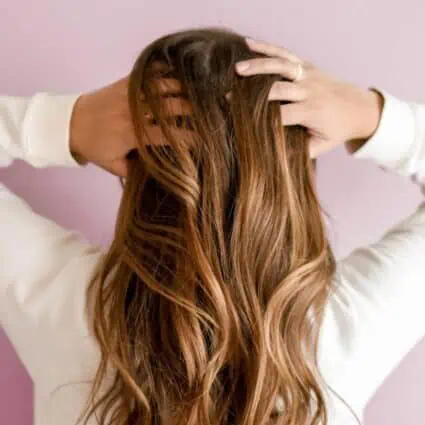
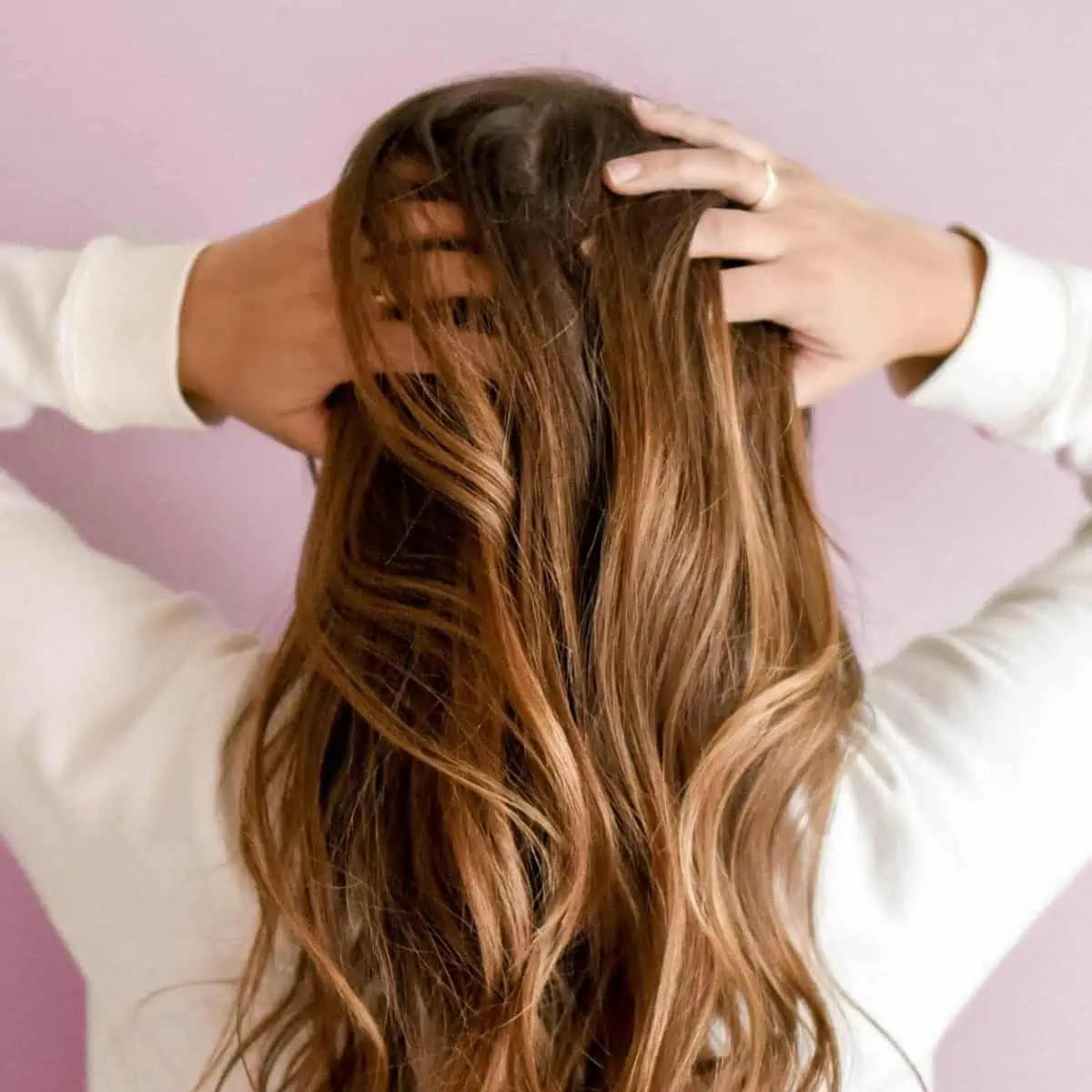
“Help! I’ve been losing my hair—is it because I’m vegan?”
If you’ve been asking (or Googling) this question, you’re not alone! Hair loss can have many causes, some of which are indeed diet-related.
So we’re taking the question straight to the nutrition expert: Stephanie Wells, MS, RD, LD, ACSM-CPT. Stephanie a vegan registered dietitian and nutrition writer who uses her expertise to help vegans meet their nutrient needs. Here is what she has to say.
While vegan diets don’t inherently cause hair loss, an unbalanced vegan diet low in key nutrients may play a role. So before you give up on being vegan, keep reading to learn more about these nutrients and how you can get enough of them for optimal hair health.
Table of contents
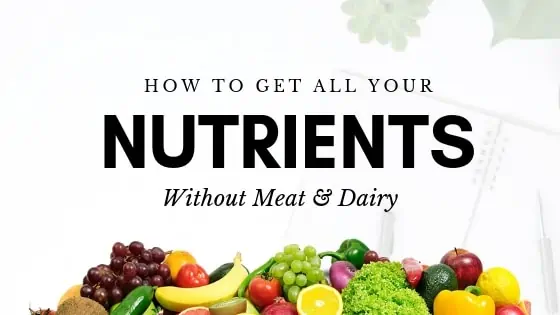
Key hair-healthy nutrients for vegans
There are many nutrients that play a role in maintaining a healthy head of hair, and vegan diets can provide all of them. However, depending on the individual, some can be a little trickier for vegans to get in sufficient quantities and might require some extra attention.
1. Iodine
Iodine is essential for proper functioning of the thyroid gland. Without it, the thyroid can’t function properly and may become under-active. In hypothyroidism, the thyroid is unable to produce enough hormones and can result in hair loss.
The two best ways to get enough iodine on a vegan diet are to eat iodized salt or take an iodine supplement.
Eat a half teaspoon of iodized salt per day. This much salt will provide 100% of the Recommended Dietary Allowance (RDA) for adults.
Pregnant women need three-fourths of a teaspoon per day. Lactating women would need 1 teaspoon to meet their daily iodine needs, but since this would provide slightly over the recommended amount of sodium, they may wish to take an iodine supplement rather than getting all their iodine from salt.
Be sure to look for the word “iodized” on the product label, as sea salt and Himalayan salt usually are not iodize
Take an iodine supplement. A supplement may be a good option if you need to restrict your sodium intake or if you don’t cook at home every day. Processed, pre-prepared, and restaurant foods often contain non-iodized salt, so they probably won’t provide enough iodine.
2. Vitamin D
Vitamin D, the “sunshine vitamin”, is processed by skin cells that regulate hair growth. Deficiency has been linked to hair loss.
According to the EPIC-Oxford study and a study in Danish vegans, vegans had lower levels of vitamin D than omnivores but were not more likely to be deficient. Vitamin D deficiency does occur frequently in the general population, however, so it may be helpful to have your vitamin D levels checked.
If you’re deficient in vitamin D and have been losing hair, discuss supplementation with your physician. Supplements will likely only be helpful for hair loss if you have a diagnosed deficiency.
You can also get vitamin D from fortified non-dairy milks and cereal or from the sun. It’s best to balance your time in the sun with the risk of skin cancer. People with lighter skin need about 30 minutes in direct sunlight to produce enough vitamin D, while darker skinned people may need up to 3 hours.
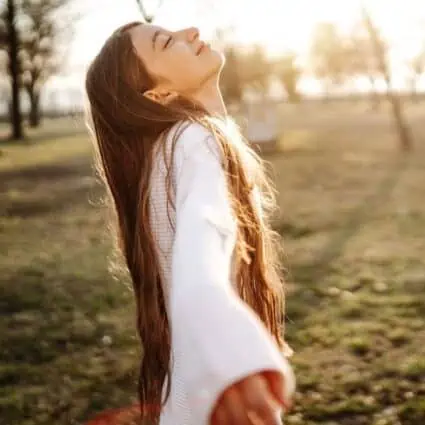
3. Protein
There are numerous plant-based foods that contain protein, so protein deficiency is quite rare among vegans. Vegans can generally get enough protein as long as they are eating enough calories overall.
That being said, some vegans do struggle to eat enough calories (and therefore protein). Whether due to a poor appetite, chronic illness, depression, being overly restrictive in the foods you eat, or forgetting to eat due to a busy schedule, not getting enough protein can potentially lead to hair loss.
If you’re worried that you’re not getting enough protein, try including more beans, lentils, tofu, tempeh, nuts, and whole grains in your diet. Vegan protein powders are another great option that can be added to smoothies, oatmeal, baked goods, and even savory dishes if unflavored.
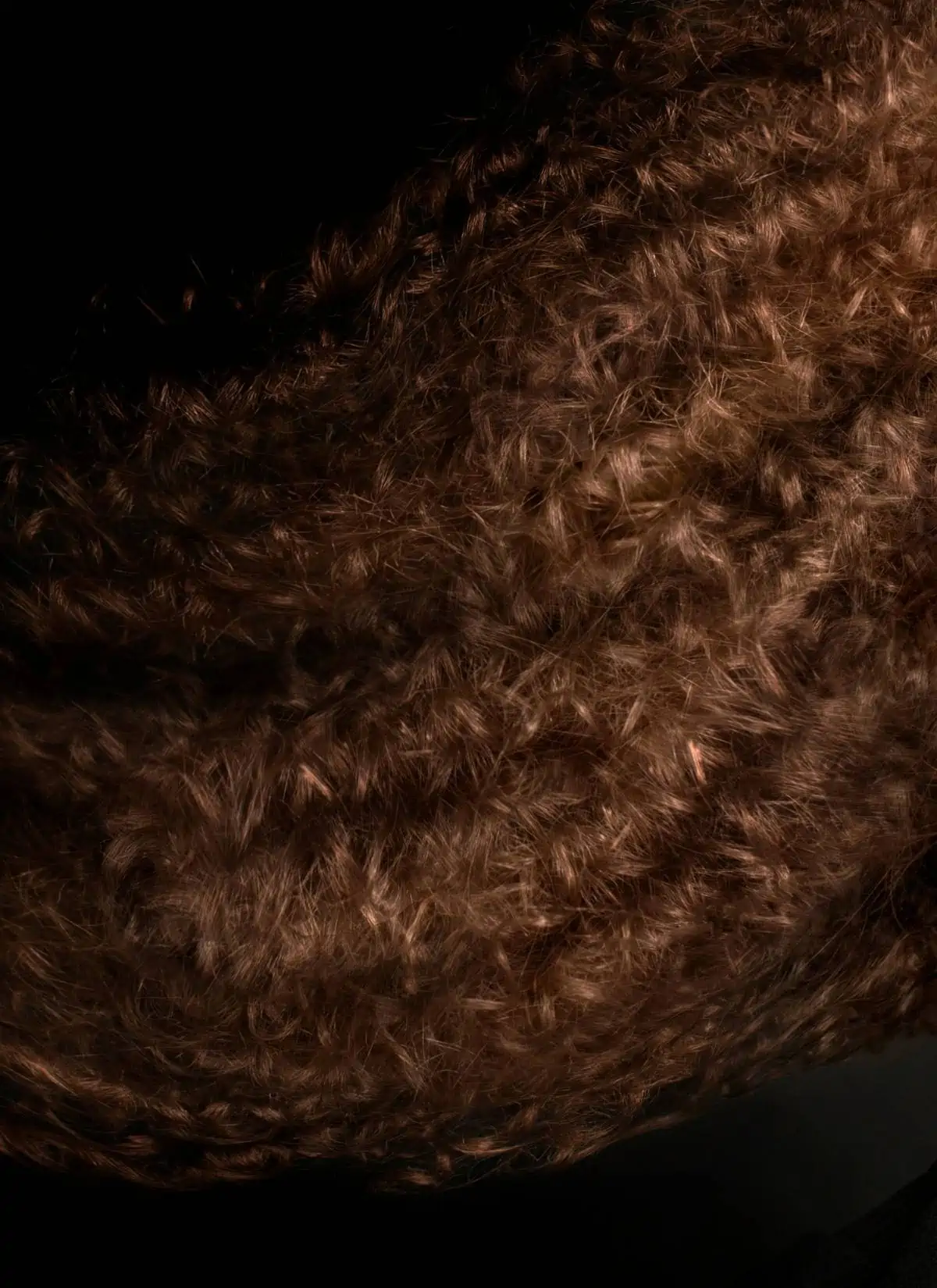
4. Omega-3 fatty acids
Some studies suggest that omega-3 fats may play a role in preventing or reducing hair loss. While more research is needed to know for sure, it’s important to get enough of these fats considering their important cardiovascular, neurological, and anti-inflammatory benefits.
Vegans need more omega-3s than omnivores since only a small percentage of plant-based (ALA) omega-3s can be converted by the body into DHA and EPA, the other two important forms of omega-3s found mainly in seafood. The best vegan sources of omega-3s are:
- Flaxseed oil
- Walnuts and walnut oil
- Ground flax seeds
- Chia seeds
- Canola oil
- Hemp hearts
Alternatively, you can also take an algae-based omega-3 supplement containing both DHA and EPA.
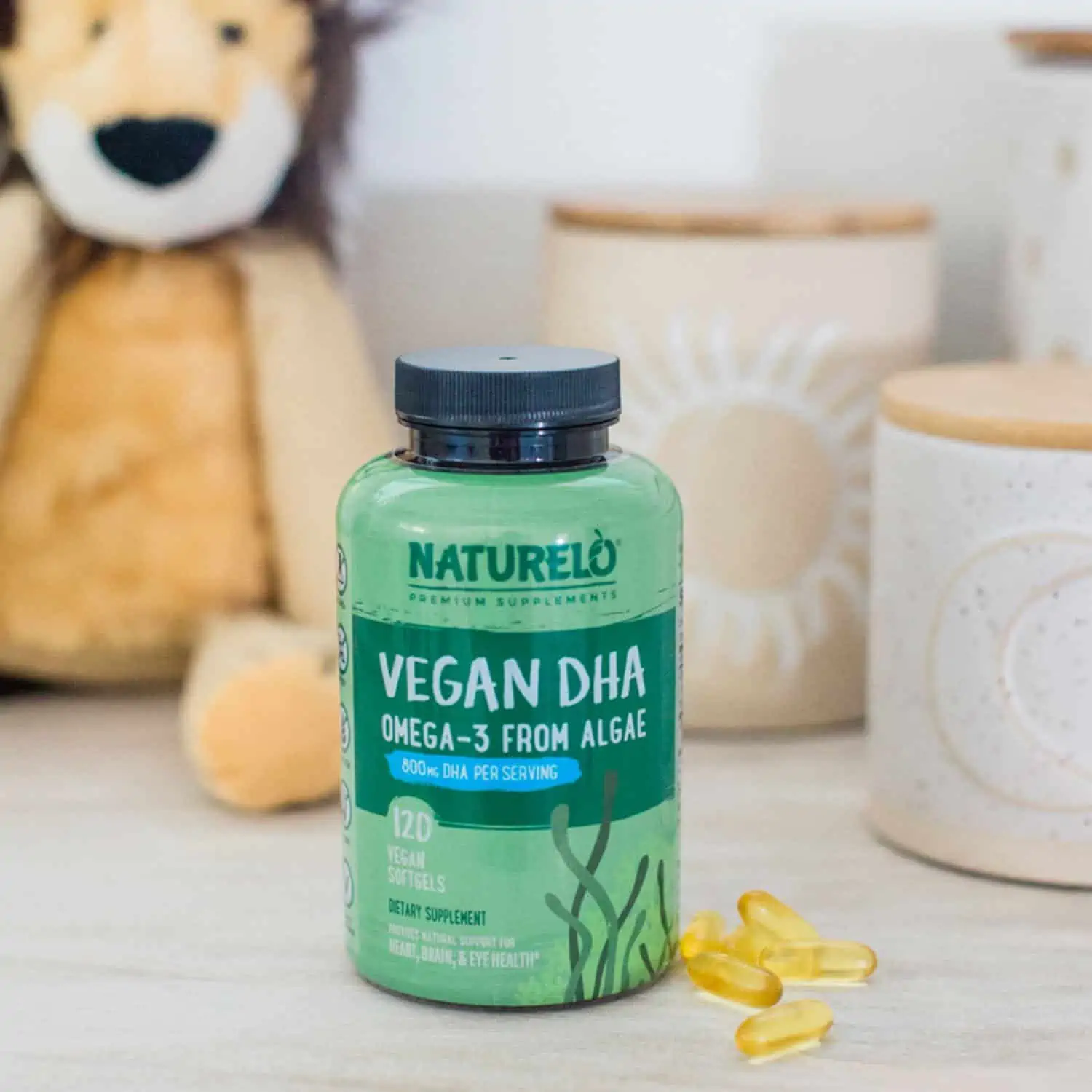
5. Iron
Iron may or may not be related to hair loss—the current evidence isn’t crystal clear. But considering how important iron is for delivering oxygen to the body and preventing iron- deficiency anemia, it’s wise to pay attention to this essential mineral.
Vegans do not have higher rates of iron deficiency than omnivores, but iron deficiency is fairly common in the general population—especially for menstruating women.
The best vegan food sources of iron include:
- Blackstrap molasses
- Fortified breakfast cereals (check label to see which are vegan)
- Tempeh
- White beans
- Swiss chard
- Lentils
- Spinach
- Tofu
- Kidney beans
- Canned tomatoes
- Baked potato
Foods high in vitamin C help the body absorb more iron, so try eating lentils with red bell peppers, putting blackstrap molasses in a fruit smoothie, having tofu with a side of broccoli, or eating an orange with your fortified breakfast cereal.
What about biotin?
Despite their popularity, biotin supplements are unlikely to make much of a difference in hair growth unless you have a diagnosed deficiency.
Biotin deficiencies are rare in vegans since this vitamin is abundant in many plant-based foods, but could occur if your diet is limited in variety or based too heavily on convenience foods.
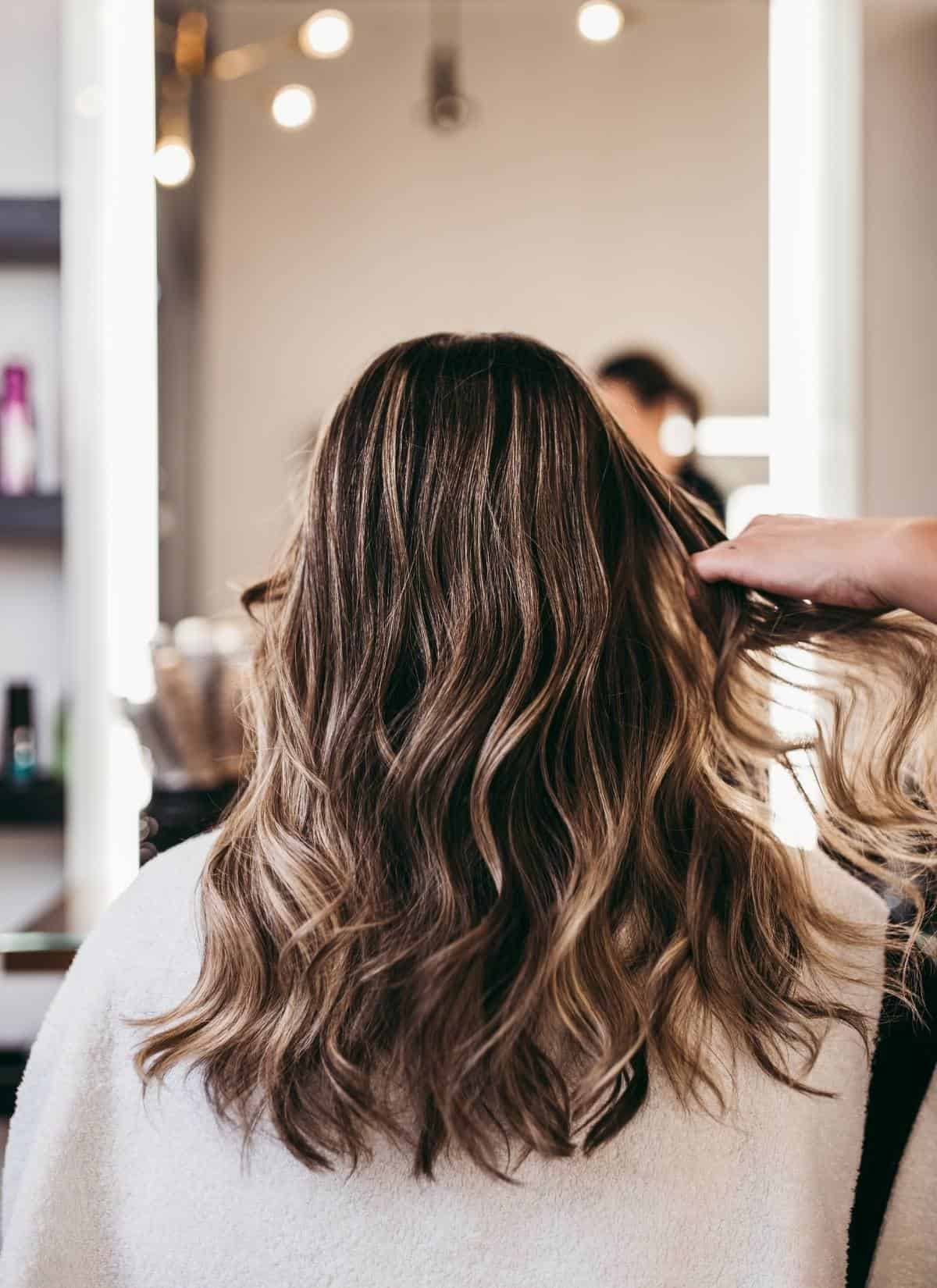
Summary
Good news—well-planned vegan diets that include a variety of whole plant-based foods are not likely to cause hair loss. Keep in mind that hair loss may have medical or lifestyle-related causes and may not be due to nutrient deficiencies.
If you suspect you may be deficient in iodine, vitamin D, protein, omega-3 fats, or iron, consider eating more foods high in these nutrients or supplementing if necessary. A doctor, dermatologist, or registered dietitian can help with concerns related to hair loss.
More Plant-Based Nutrition Resources
- Vegan Hair Dyes
- Vegan Registered Dietitians
- I’m vegan…do I really need to take vitamins?
- Is A Vegan Diet Healthy for Kids?
- Are You Getting These 7 Essential Nutrients?
- Vegan Vitamins & Supplements Guide
Article by Stephanie Wells, MS, RD, LD, ACSM-CPT. Stephanie is founder of Thyme to Go Vegan and provides tele-health nutrition services for both long-time and aspiring vegans. Photos sourced from Canva.com.

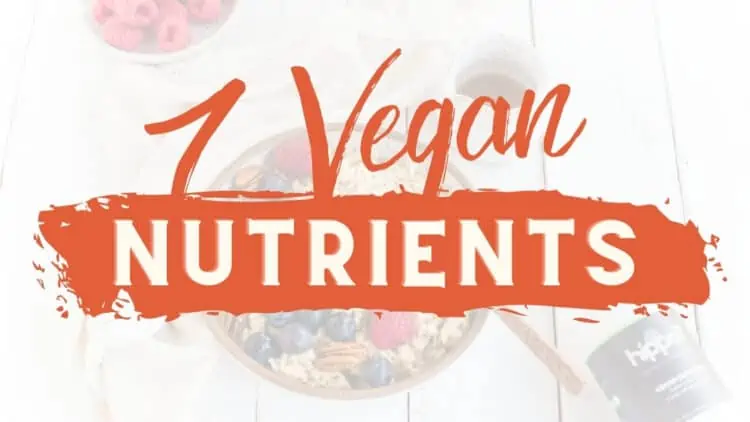
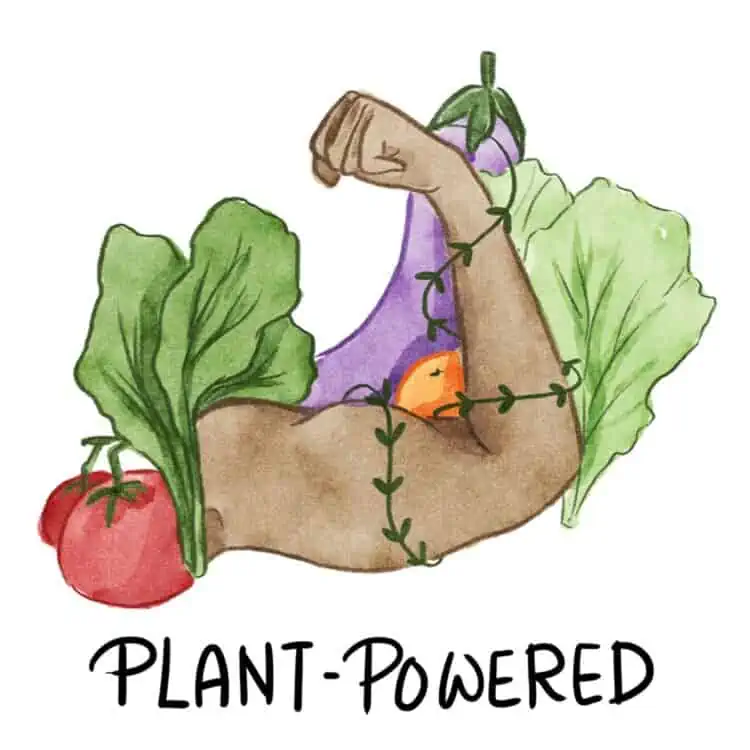
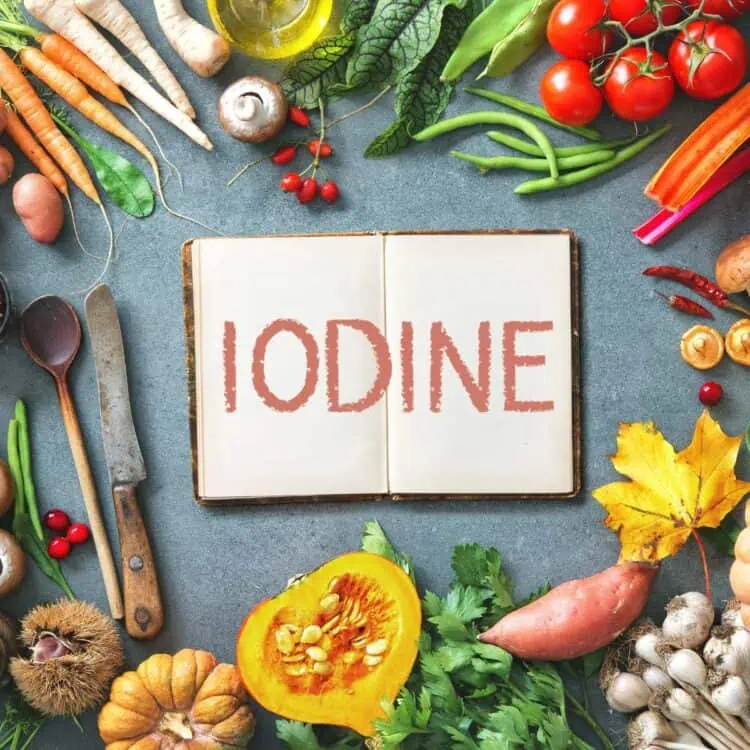
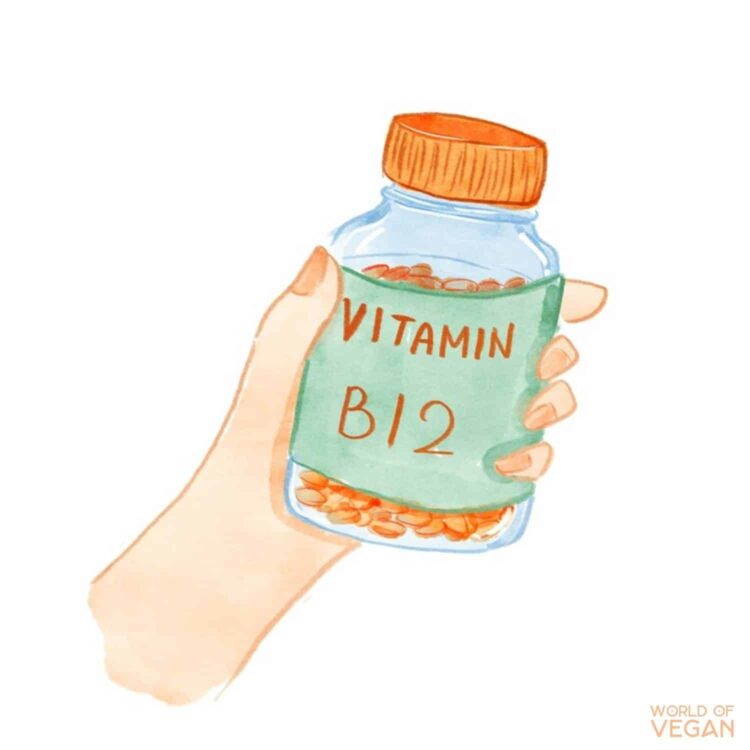
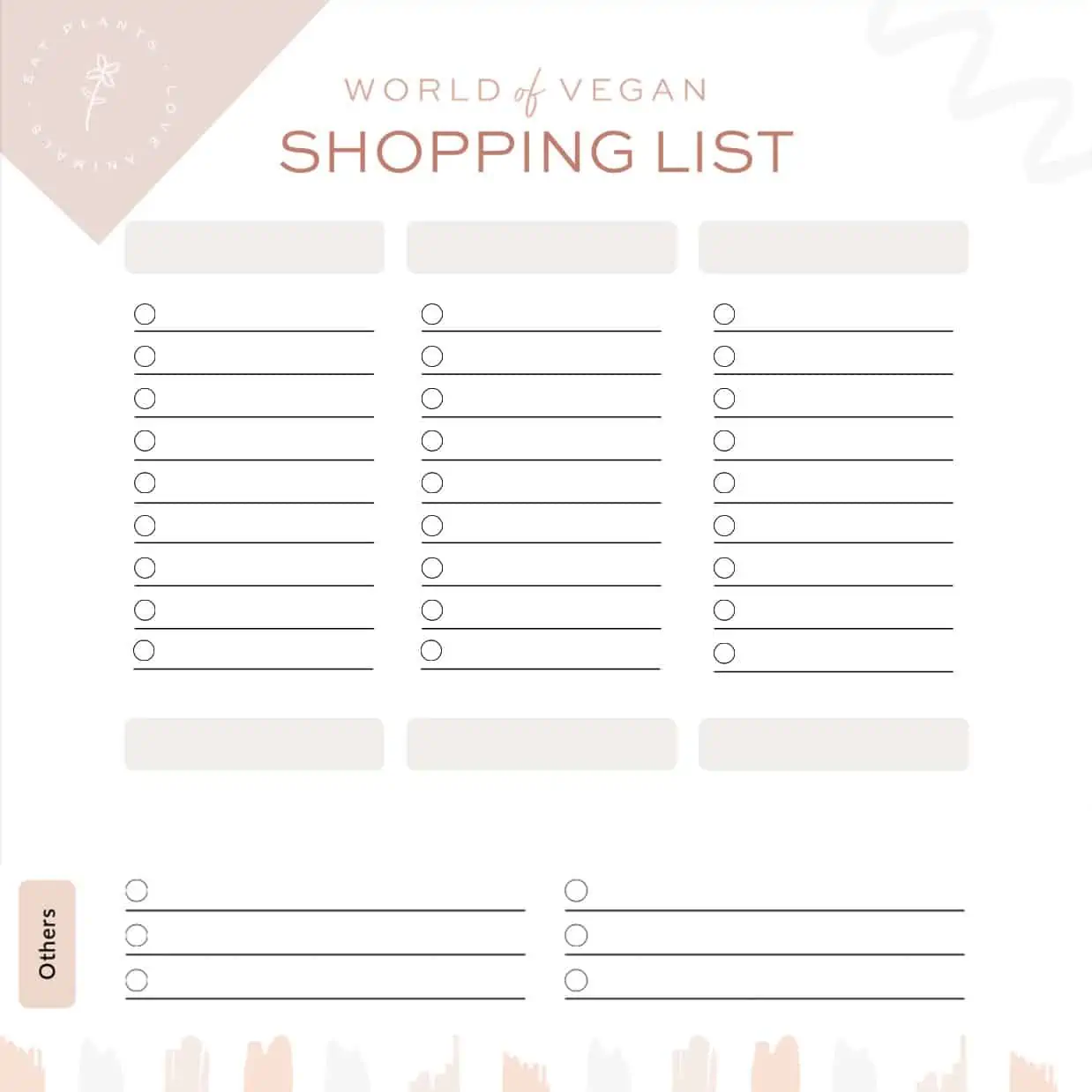
Leave a Comment
Hi
I am 73 years old and cannot tolerate legumes. I have a sensitive stomach and can’t eat much, so my days are spent in an eternal race for enough protein. However, I persist in veganism as an awakened individual in a world of hedonism.
Please advise.
Thank you very much
Sarah
Hi Sarah, thanks for reaching out! It’s wonderful to hear about your dedication to a vegan lifestyle. While legumes are a common source of plant-based protein, there are still other options you can explore to meet your protein needs without aggravating your sensitive stomach.
Consider incorporating seitan (vital wheat gluten), tofu and tempeh (from soy beans but they may be easier on your stomach), quinoa, hemp seeds, chia seeds, and certain nuts and seeds (like pumpkin seeds and almonds) into your diet. These are protein-rich alternatives that might be more gentle on your stomach. Here’s more information on vegan protein sources for you to explore. Also, consulting with a registered dietitian can provide personalized recommendations to ensure you’re meeting your nutritional goals in a way that suits your individual needs and preferences.
Wishing you the best on your vegan journey!
Didn’t even know this was a thing going to make sure I am getting all these vitamins and minerals in my diet
Super helpful!
Thanks for the great info! I will have to check out that vegan omega-3 brand!
Love how detailed this is! Thanks for all of the advice and info!
Excellent article! I’ve been wanting to know more about this topic lately and I really learned a lot. Thank you!
Great information here. Thanks for this research… very helpful and appreciated.
This was so interesting! I eat a mostly whole food plant-based diet and haven’t experienced any hair loss from it but I was curious about biotin. Good to know it’s not necessary to supplement if eating a balanced diet. Thanks for this informative article!